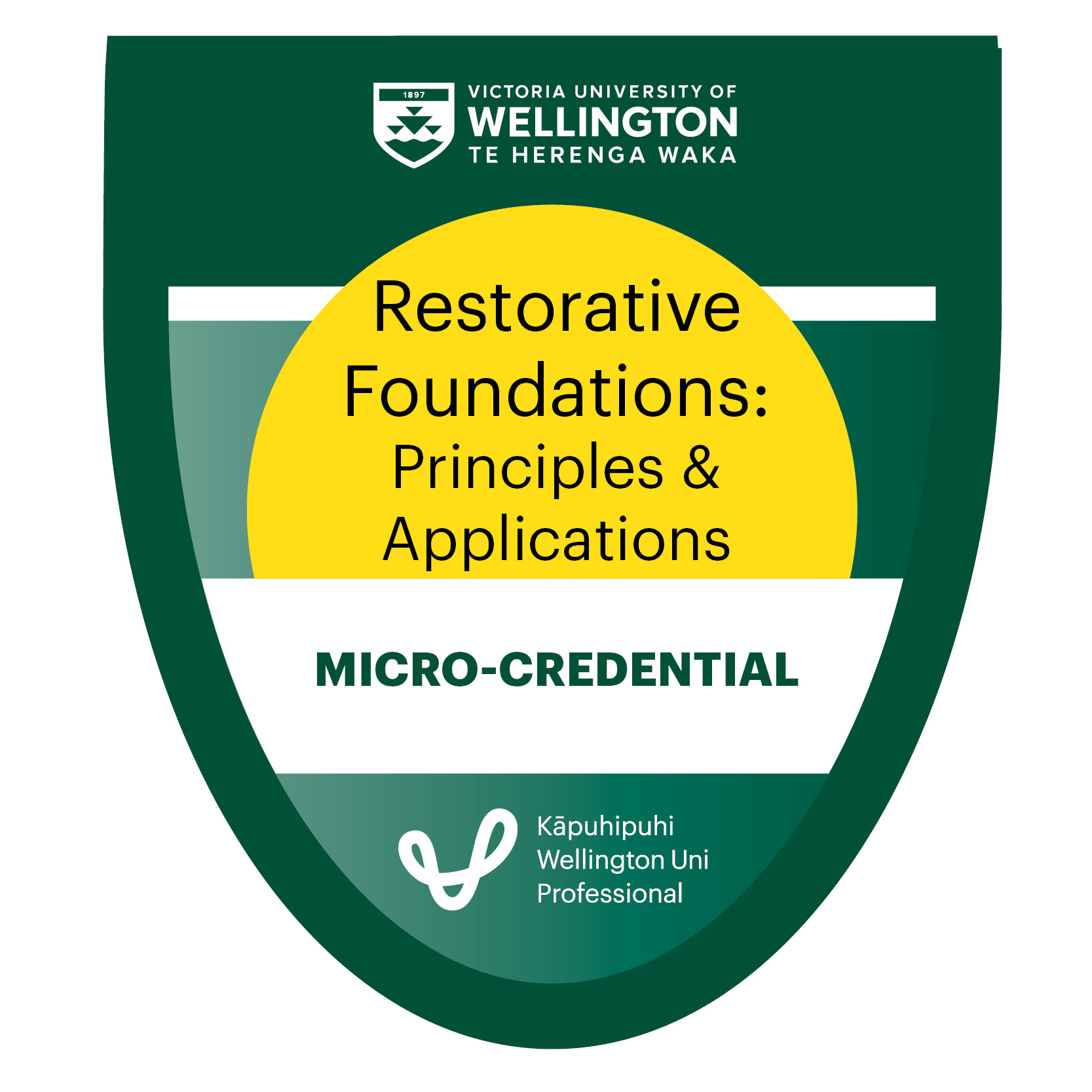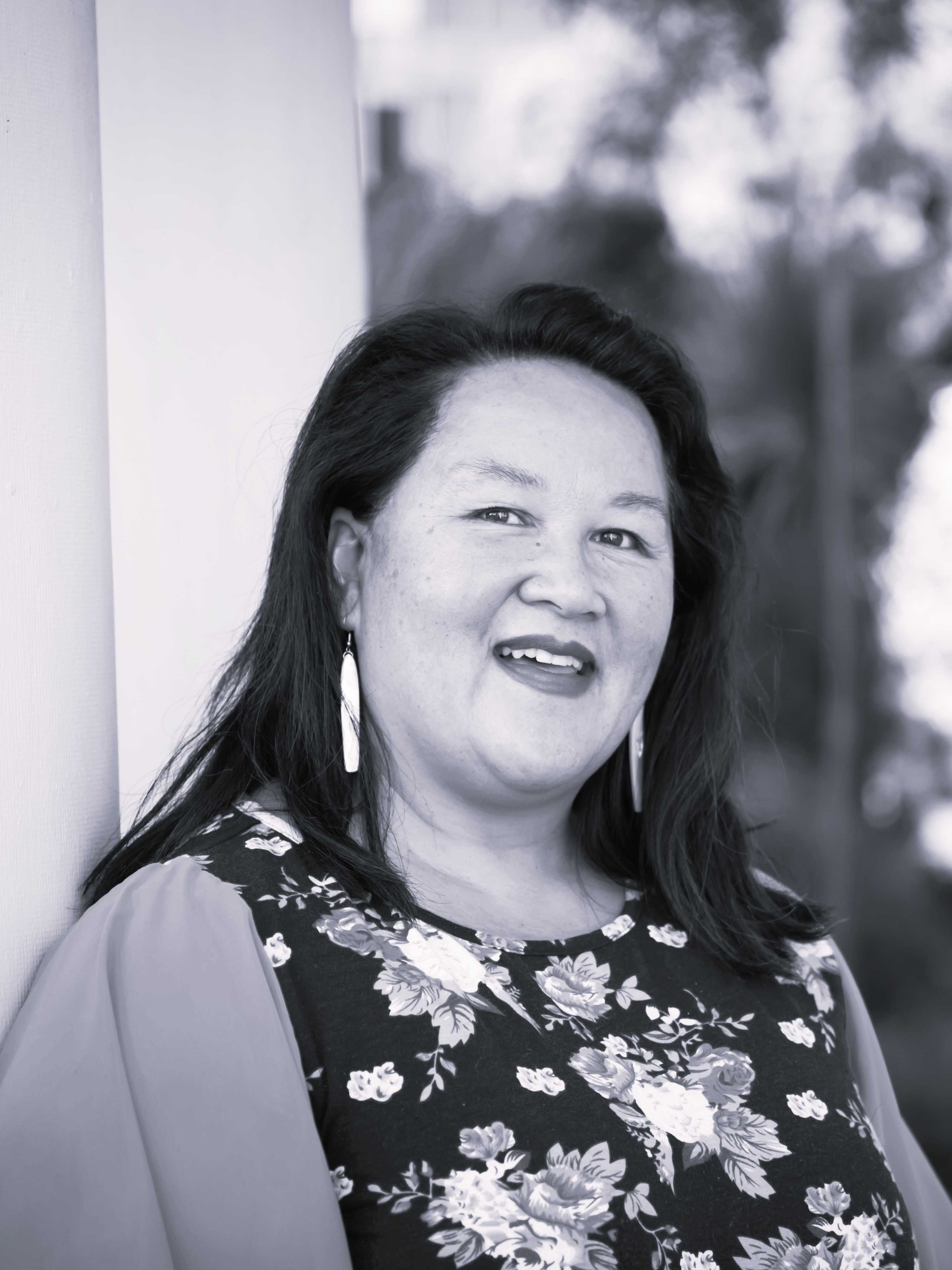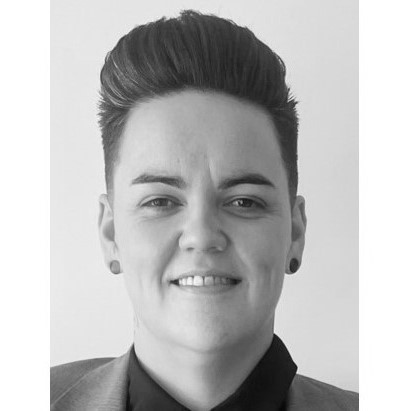Restorative Foundations: Principles and Applications of Restorative Practice
Explore the principles and perspectives that inform restorative initiatives in different situations and fields.

Course overview
Restorative Practice (encompassing Restorative Justice) is increasingly recognised for its ability to resolve harms (or conflicts) that other resolution approaches cannot. It makes people’s needs central in repairing the harm done, restoring dignity and preventing further harm.
This micro-credential is delivered in a blended format over eight weeks with an introductory workshop (6-hours), self-paced online learning, a mid-course online discussion/check in (1-hour) and a closing workshop, (3-hours). Explore more about the course format in the Further Information section below.

In partnership with


What you'll learn
By the end of this course, you will be able to:
- Identify and evaluate the origins, principles and purposes of Restorative Practice
- Evaluate and discuss the design, contemporary debates and uses of Restorative Practice
- Critically reflect on, and articulate, the design features, challenges and uses or possible uses of Restorative Practice in your field
Course modules
- An introduction to Restorative Practice and “justice needs”
- The approach and forms of Restorative Practice and application in different situations
- The origins of Restorative Practice, key ideas about repair and justice, and the criminal justice system
- Foundation principles, how they work in practice, and why they matter
- The role of accountability and mechanisms such as apology
- Approaches and challenges in evaluating the impact and outcomes from Restorative Practice
- Restorative circles and learner presentations
Further Information
Format
This course leads to a micro-credential equivalent to Level 7.
You will be part of a cohort of around 20 learners undertaking this 8-week course. It starts with an introductory workshop (6-hours in person or online) where you will meet other learners and get a taste of a restorative way of working.
The course continues online. Course material is presented in written format, supported by videos and other learning activities that engage with your ideas and specific industry or context. You will also be encouraged to post ideas and ask questions on a shared, online forum. You will meet online for a 1-hour mid-course discussion/check in with your facilitators and course colleagues.
The course ends with a 3-hour closing workshop (in person or online), where you will again meet up with other learners. This 3-hour workshop will be in 2 parts – (1) small group break-out sessions for participants to present their projects; (2) closing activities with the full group for sharing of learning and insight, as well as the celebration of relationships.
Fees – domestic and international
- Domestic fee: $995 + 15% GST (Applies to NZ citizen or permanent resident of NZ, or an Australian citizen living in NZ)
- International fee: $1910 + 15% GST (If the above does not apply)
Workload and assessment
This micro-credential involves approximately 50 hours of total learning, including self-paced online modules, live sessions, and application tasks.
Assessments include:
- A short written reflection (150 words)
- Identification of principles-in-action in a video (150 words)
- Identification of how conflict manifests at each level of a supplied conflict model (150 words)
- A short presentation at the final workshop.
All assessment requirements must be completed to pass and earn credit.
The other learning activities throughout are recommended as part of engaging with the course but not compulsory.
What You'll Receive
This course is a university-approved micro-credential worth 5 NZQA Level 7 credits, assessed to meet academic and industry standards. Upon successful completion, you will receive:
- A digital badge
- A digital certificate
- Academic credit recorded on your official Victoria University of Wellington academic transcript
All credentials include the total CPD/PLD hours completed.
University credits achieved may be used through ‘credit transfer’ to stack towards future qualifications. These digital credentials are portable, verifiable, and designed to support both your current role and long-term career advancement.

What is a micro-credential?
A micro-credential is a formal credential that acknowledges specific skills and knowledge gained through learning programme or activity. These credentials are assessed and meet industry standards, allowing you to demonstrate mastery in particular areas. Our micro-credentials carry University credit at a defined level (eg undergraduate or postgraduate) and credit may be used towards further learning. Micro-credentials are designed to be stackable, creating a pathway to further qualifications or career advancement.
Resolution Institute NZ Restorative Practice Accreditation Pathway
Resolution Institute New Zealand has launched a Restorative Practice Accreditation pathway, marking an important milestone in strengthening and recognising restorative practice across Aotearoa New Zealand and Australia.
The new accreditation will provide multiple pathways into recognition as a Restorative Practitioner, ensuring that people with a wide range of backgrounds, skills, and experiences can be acknowledged for their expertise. Importantly, the framework will also recognise prior learning and experience, allowing practitioners already active in the field to have their contributions formally validated.
To support this framework, Resolution Institute have developed a unique Restorative Practice Accreditation Course, which will be delivered via a 3-day in-person format. Developed to cater for individuals who already possess foundational knowledge of restorative practice, this will help learners advance their development by providing the training of the necessary practical skills needed to become a Restorative Practitioner in various settings, on top of the knowledge learnt from other educational pathways.
One of the first education pathways to be recognised is through this Restorative Foundations: Principles and Applications of Restorative Practice micro-credential course. Completion of this highly regarded course will count towards accreditation, supporting participants to build their knowledge and practice on a strong foundation of restorative values, theory, and skills.
For more information about pathways to accreditation, visit the Resolution Institute website: Restorative Practice Accreditation in Aotearoa New Zealand. Questions and enquiries about the Resolution Institute can be directed to Elton Goonan, Resolution Institute New Zealand General Manager (elton.goonan@resolution.institute).
Here's what others are saying
“I’d highly recommend this course for anyone interested in learning more about Restorative Practice and how to apply Restorative Principles in action. The course content is relevant and applicable for many different fields – this was a great overview. Our facilitators were fantastic, and the individual and group learning experiences were really positive.”
“Wow, the learning outcomes of this course build the foundations and give you the key tools to become a restorative practitioner. The content and method of delivery helped me understand the history, principles as well as reflect and identify the various applications of restorative practice in our communities. Enables thoughtful reflections on communication, and conflict resolution skills needed for healthy relationships and social cohesions in life and work.”
Upcoming Courses & Delivery Options
08 Jun 2026 | Online
Duration: 8 weeks
$NZD 995
excl. GST
12 Oct 2026 | Online
Duration: 8 weeks
$NZD 995
excl. GST
Can’t make these dates or want a private course?






